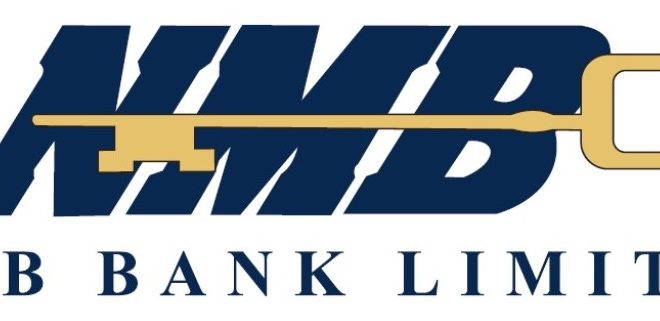Now and then: Is the ZSE now overvalued?
At the close of trading on Wednesday, the Zimbabwe Stock Exchange was valued at $765 billion by market capitalisation.
This translates to a valuation of US$8,9 billion at the official exchange rate and between US$5,46 billion and US$5,8 billion depending on the parallel market exchange rate used.
Since the start of the year, the ZSE market capitalisation has gained 141 percent.
In US dollar terms, the ZSE is up by more than 68 percent whether one uses the official or parallel market exchange rate.
This strong performance has led to growing sentiment that the equities market is now overvalued.
Some are calling it a bubble that will soon burst.
In its latest report, for the half-year to June 2021, brokerage firm Fincent Securities described the ZSE’s current market capitalisation as “ lofty” as it is now trading at a premium to its valuation of $5,35 billion at the end of 2013.
Many analysts share the same view as they compare the current market valuations with those of 2013, which was not necessarily the peak of the dollarisation era, but the most stable marked by strong growth and capital investment by listed firms.
Making such a comparison is common practice in financial markets.
A company’s historical numbers make it easier for investors to see whether the company is growing or regressing.
Comparisons are made in terms of earnings and also in terms of valuations.
One interesting question asked in the Fincent Report is whether 2021 is any better than 2013?
The assumption is that if 2013 was better than 2021, then stocks must be valued lower than the former year.
But is the comparison that simple. Where do we draw the line?
If the economy is struggling or has contracted from historical levels, does it automatically mean listed companies are struggling?
If 2021 is not a better year than any of the previous years, does it mean valuations must not exceed those of yesteryear?
While it is true that there are firms whose valuations do not reflect company-specific fundamentals, it certainly does not
mean every other stock is in the same position.
There are several ZSE stocks, whose valuations are yet to reach their peak levels. Delta for example is valued at between US$768 million and US$1 billion, compared to its peak valuation of US$1,7 billion in 2013.
If we are to compare it then and now, then we have to go deeper than to merely look at what has happened in the economy at the macro level.
We need to account for company-specific fundamentals to see if the current valuations are justified.
Between 2016 and 2018 Delta’s sales volumes went off the rail. At every quarterly trading update, the story was the same. Volumes were down. This obviously should have affected its valuations. But by how much?
On the flip side, how do we account for the acquisitions it has made post-2013. The beverages giant has bought business units in Zambia, South Africa, Mutare Bottlers, and an increased stake in Afdis. We have to account for all this.
How do we compare the stock market then and now, when several listed companies then have since de-listed, while others have been added.
Names like Cambria, Colcom, Pelhams, PG Industries, Phoenix, Radar, Falgold, BancABC, Astra Industries, Powerspeed, Chemco, Interfresh have since been de-listed from the ZSE and we need to account for their contribution to the 2013 market capitalisation.
What this means is that comparing the overall market capitalisation, on the face of it, will not be a meaningful exercise.
Likewise, comparing company-specific market capitalisation using historical valuations, without providing supporting evidence whether a share is undervalued or overvalued will not save any purpose.
There are companies like Innscor, that have de-merged some of their business units. We cannot just add back the individual entities’ market capitalisations to justify undervaluation or over-valuation.
Was there no value creation or value destruction?
If we are to make any historical comparison between the ZSE then and now, then we have to be thorough about it.-ebusinessweekly.clz.w










